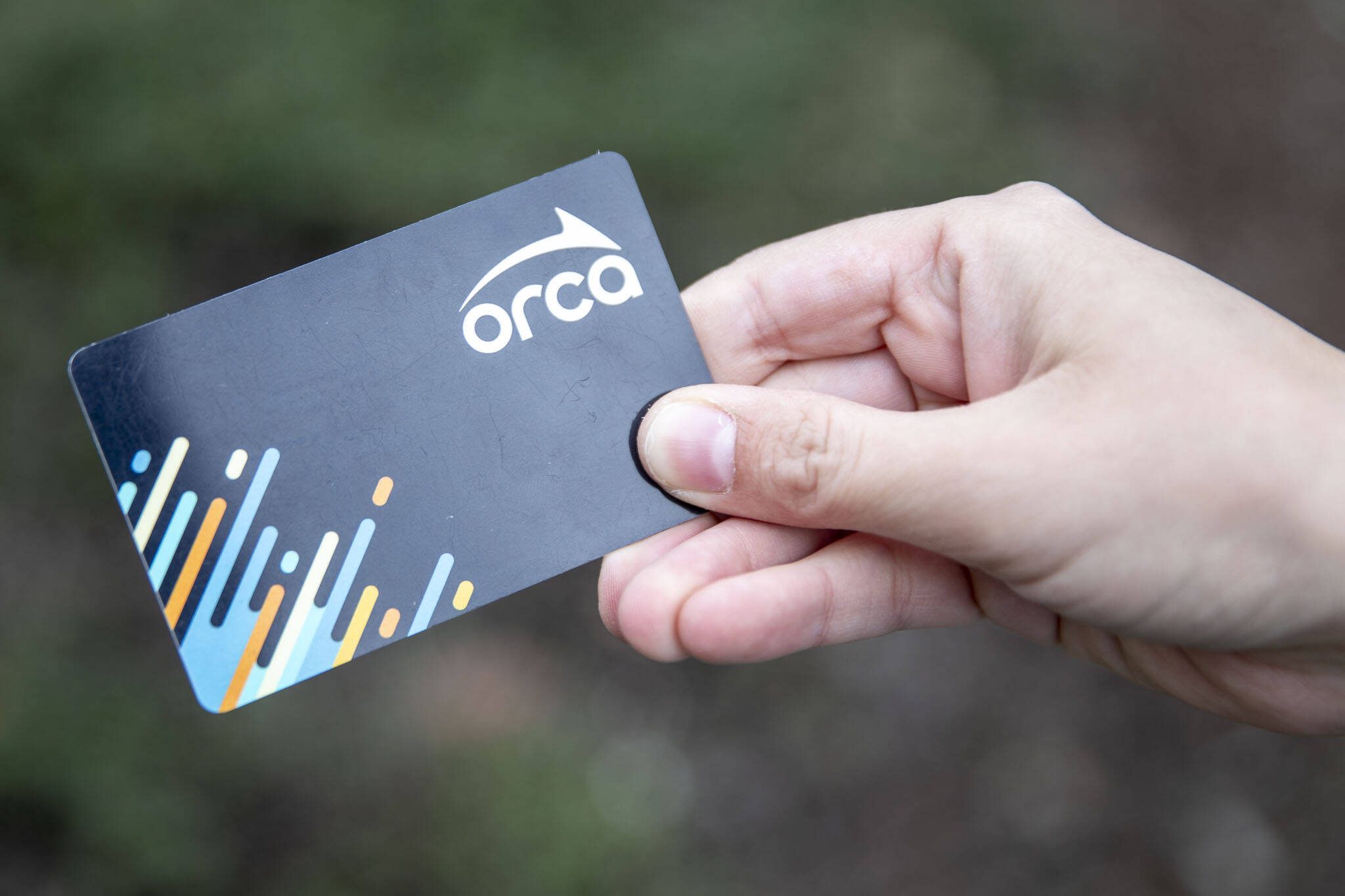Can Seniors with Low Income Access a Free ORCA Card in 2025?
Can Seniors with Low Income Access a Free ORCA Card in 2025?>>>>>>>>>>>>>>
Benefits of Free ORCA Cards for Seniors in 2025
- Financial Relief: With fares covered, seniors can redirect scarce dollars to essentials like groceries or medication, easing the strain of a fixed income.
- Enhanced Independence: Free transit means seniors can travel to appointments, visit friends, or run errands without relying on others, fostering self-reliance.
- Health Access: Regular doctor visits or pharmacy trips become more manageable, supporting physical and mental well-being.
- Social Connection: Isolation is a real risk for seniors; free ORCA cards encourage outings to community events or family gatherings, combating loneliness.
- Environmental Impact: By choosing public transit over driving, seniors contribute to lower emissions, aligning with Washington’s sustainability goals.
These benefits ripple outward, improving not just individual lives but entire communities. For a senior living on a modest pension, the difference between paying $1 per ride or nothing at all can mean skipping a trip—or not.
Who Qualifies? 6 Eligibility Criteria for Free ORCA Cards in 2025
Not every senior automatically gets a free ORCA card—specific criteria determine eligibility, especially for fully subsidized options. Here’s what matters in 2025:
- Age: You must be 65 or older to qualify for the RRFP, the foundation for most senior benefits.
- Income Level: For fully free cards (beyond the initial RRFP), your household income must typically fall at or below 200% of the federal poverty level—about $30,000 annually for a single person in 2025.
- Residency: You need to live in the Puget Sound region (King, Pierce, or Snohomish counties) where ORCA operates.
- Enrollment in State Programs: Participation in programs like Temporary Assistance for Needy Families (TANF) or Supplemental Security Income (SSI) can fast-track eligibility for subsidized passes.
- No Card Fee: The first RRFP card is free; subsequent subsidies depend on income or program enrollment.
- Documentation: Proof of age (e.g., driver’s license) and income (e.g., tax returns or pay stubs) is required to verify eligibility.
Meeting these criteria isn’t overly complex, but it does require some paperwork. For seniors already stretched thin, the process might feel daunting—which is why knowing the steps and resources is key.
Can I get SRP bill assistance if I’m on a fixed income? in 2025>>>>>>>
7 Steps to Secure a Free ORCA Card for Seniors
Ready to get started? Here’s a straightforward roadmap to secure a free ORCA card in 2025:
- Confirm Eligibility: Check your age, income, and residency against the criteria above. If unsure, contact a local transit office for clarification.
- Gather Documents: Collect a state ID or birth certificate for age proof, plus income records like a recent tax return or SSI award letter.
- Apply for the RRFP: Visit myORCA.com, a customer service office, or mail an application to the ORCA Regional Mail Center (201 S. Jackson St., Seattle, WA 98104). The first card is free.
- Explore Subsidies: If your income qualifies for ORCA LIFT or a subsidized annual pass, submit additional income proof online or in person.
- Wait for Approval: Processing takes 7-10 days if mailed; in-person applications may yield a card on the spot.
- Load the Card: For fully free use, ensure the card is linked to a subsidized pass—otherwise, add funds for reduced fares.
- Start Riding: Tap your card on buses, trains, or ferries, and enjoy the freedom of transit.
Patience is part of the process, but the payoff—free or low-cost travel—is worth it. Seniors can also call 206-553-3000 for assistance if tech or paperwork feels overwhelming.
Government grants for beauty industry>>>>>>>>>>>>>>>>>>>>>
How to Apply for a Free ORCA Card for Seniors?
The application process blends simplicity with a touch of diligence. Start by deciding your method: online via myORCA.com, in person at a transit office (like King Street Center in Seattle), or by mail. Online is fastest—log in, upload your ID and income docs, and submit. In-person offers immediate help; bring your documents and ask staff to guide you. Mailing requires downloading a form from myORCA.com, filling it out, and sending it with copies of your proof to the Seattle address above. For fully free cards, mention ORCA LIFT or state benefit programs during the application. Once approved, the card arrives within two weeks, ready to use across the Puget Sound.
Free passport for low income>>>>>>>>>>>>>>>>>>>>>>>>>>>>>
Top 4 Resources for Seniors Seeking Free ORCA Cards
Navigating this alone isn’t necessary—here are the best resources in 2025:
- myORCA.com: The official hub for applications, FAQs, and account management.
- King County Metro Customer Service: Call 206-553-3000 for personalized help or visit an office in person.
- Community Centers: Local spots like senior centers often host ORCA enrollment events—check bulletin boards or ask staff.
- Catholic Community Services: At 206-960-1582, they offer remote enrollment and mail cards, ideal for homebound seniors.
These resources bridge the gap between need and access, ensuring no senior misses out due to lack of support.
Steps to Access Government AC Programs for Low Income in 2025>>>>>>>
Conclusion
In 2025, Washington State’s commitment to transit equity shines through programs offering free ORCA cards to low-income seniors. This isn’t just about saving money—it’s about dignity, connection, and freedom. By meeting clear eligibility criteria and following a few steps, seniors can unlock a world of possibilities, from doctor visits to coffee with friends. The process may require effort, but the resources and benefits make it achievable. As costs rise, this initiative stands as a beacon of relief, proving that small changes—like a free transit card—can transform lives. Seniors, take the leap; your ride awaits.

Comments
Post a Comment